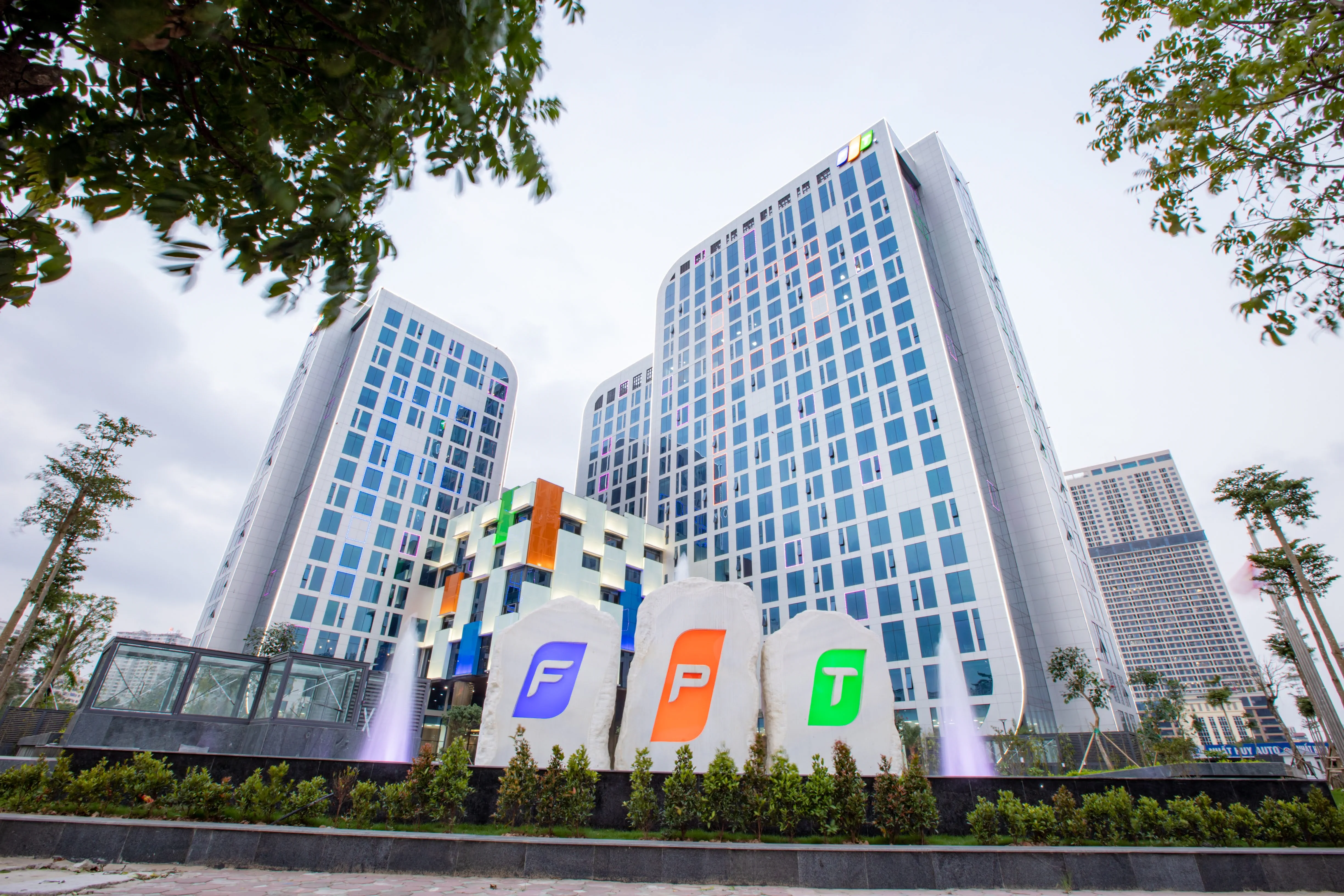Notable ICT events in 2010
At the end of December 2010, the VietnamICT Press Club announced the year’s ten most influential ICT events for thecommunity, society and the development of the industry. FPT sponsored the annoucement ceremony where FPT CEONguyen Thanh Nam gave a speech and talked to the press about related issues.
•
11/01/2011
1. Stricter controlsfor online games; internet service providers must turn off transmission linesafter 11.00 pm.
Strict measures have been taken to monitor online gamesmore closely since 1 September 2010 after they became a hot topic at theNational Assembly meeting in May 2010 and public concerns were expressed abouttheir negative impact on young people.
Although it causes losses for gaming providers and cutsthe earnings of the digital industry, tightened control of online games isnecessary to create a healthier digital environment for the youth.
2. Prime Minister approves project to make Vietnam a powerfulIT country.
On 22 September 2010, Prime Minister Nguyen Tan Dungsigned Decision No. 1755/QĐ-TTg approving the project to “turn Vietnam into apowerful ITC country”.
The goal of the project is to make the ITC sector accountfor 8-10% of the national GDP by 2010 and grow at an annual rate two to threetimes faster than that of the GDP. Vietnam’s software and processing serviceindustry aims to develop rapidly to become one of the ten leading countries inthe world for software engineering and digital content, and expand its broadbandmobile network to cover 95% of the residential area.
3. Tighteningcontrol over promotional programs from 1 July to discourage “buying SIM cardsinstead of scratch cards”
The Ministry of Information and Communication issued a circularwhich effective 1 July 2010, asking telecom providers to offer promotionalprograms no greater than 50% of goods value.
The Circular puts a stop to promotional programs thatencourage buying SIM cards instead of scratch cards. It also states that thereshould be fewer than 90 days of promotional “showers” from telecom providers peryear and the length of each program should be no greater than 45 days. However,in response to these restrictions, the providers are racing to increase thevalue of each scratch card sold from 50% to 170%.
4. Hacker attacks Vietnamnet
From midnight on the 5th of November to early morning onthe 6th, a hacker illegally accessed and deleted all the data stored in Vietnamnet’sserver system.
While the attack was being reported to the investigationagency, the site was sabotaged again on the 22nd and totally collapsed.
Hi-tech crime security agencies rushed into the investigation,tracking every clue in an attempt to discover the culprit but, despite theirefforts, the hacker challenged the site again on the morning of the 6th ofDecember, stole a number of administrative accounts, and posted dummy contents,thereby humiliating certain individuals and causing misunderstandings withinthe site.
The case is still under investigation.
5. Mobile service providers “unwittingly” share profitwith “Apple”!
On 24 December 2010, VinaPhone and Viettel announced theprices of the iPhone series and their corresponding service packages. However, whenVietnam appeared on Apple’s iPhone distribution map, mobile service providersfaced the bitter truth that they will have to share their profits with Apple bypaying a commission on each iPhone sold in the territory.
The “Apple” issue was also echoed by Mobifone’s silent withdrawalfrom its previous decision to distributethe iPhone.
6. Subscribers with more than three SIMs per network mustre-register their information.
On 5 Janury 2010, the Ministry of Information andCommunication approved delaying penalties for subscribers with more than threeunregistered SIMs until 31 January 2010.
According to reports by mobile network providers, therewere about 3.5 million unregistered SIMs at that time. The Ministry willtransfer subscriber data to the Ministry of Public Security and compare it withthe information on individual identity cards for control.
7. FPT buys stake in EVN Telecom
In November 2010, the FPT Group and its member company,FPT Telecom, announced they were buying a more than 50% stake in EVN Telecom,which marked the start of M&A activity among telecom providers in Vietnam.
The Vietnam Electricity Group had previously worked withanother major telecom provider in Vietnam regarding an M&A deal but failedto achieve the desired results.
The current deal represents FPT’s desire to enter the mobilenetwork market as soon as possible by acquiring existing networks in order toutilize their available facilities.
7. Viettel boosts investment in international market
After successful penetration in Laos and Cambodia, Viettelbegan expanding its business to wider and more challenging markets includingHaiti and Mozambique.
Viettel is currently the largest telecom provider inCambodia and expects to gain the most subscribers in the country. It alsocovers the widest area and is beginning to gain profits in Laos. Viettel hasset a target of serving 300-500 million users by 2015.
- CityPhone "grounded" before deadline
CityPhone was officially opened in Hanoi on 19 December2002 and started to provide services in Ho Chi Minh City on 27 February 2003.At that time, VNPT thought that City Phone would be the best option for middle-classhouseholds who are prefer not to travel far from their residential area but,unfortunately, its death was foretold because of outdated technology.
CityPhone suffered huge losses because of high operationcosts and finally, after seven years of insurmountable difficulties due toinadequate technology, VNPT decided to put CityPhone into an “early retirement.”
10. SK withdraws from S-Fone, leaving hardship to therest.
The transformation of S-Fone’s business model ended whenall Korean SK Telecom staff returned to Korea in January 2010. From mid 2011, S-Fonewill be managed, operated and developed by Saigon Postel (SPT). SK Telecom and SPTintroduced the S-Fone mobile network with an initial investment of US$230 millionin 2001 to provide Code Devision Multiple Access (CDMA) mobile services inVietnam.
As a result, SPT is now forced to find a new partner toback the S-Fone network which will be a considerable challenge as the CDMAtechnology is deteriorating.




